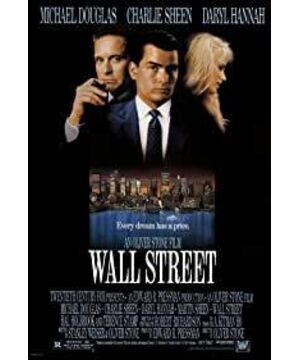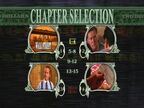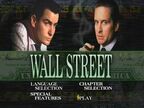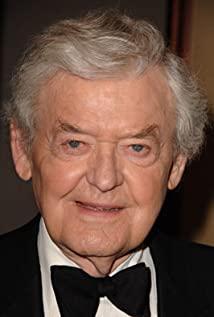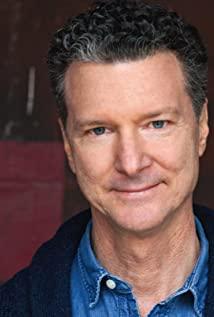Bud is the former Gekko, Gekko is the future Budd, and Budd plus Gekko is Gekko's complete life trajectory.
Breaking down "Wall Street" in the comparison shows what makes this wonderful story.
To compare, let's start with the two protagonists. Gordon Gekko (Michael Douglas) is the target customer and self-made icon of Wall Street rookie Paul Budd. In Gekko's eyes, Bud has the shadow of his past, born in the lower class, eager for wealth, bright-minded, and full of energy. Gekko has the ability to see people, he gave a little advice, and Bud proved his white glove value with his actions. Gekko preached to Bud, helped Bud make a fortune, and even made Bud succeed his ex-lover. Gekko seems to have the intention of cultivating Bud as his successor, but he doesn't mind using him as a gun. Bud is the former Gekko, Gekko is the future Budd, and Budd plus Gekko is Gekko's complete life trajectory. When Gekko thought Bud was going all the way down his path, Bud actually "derailed". It was his father who pulled Bud off the grey track. (Father and son in the play, and offstage, Martin Sheen and Charlie Sheen are also father and son. Unfortunately, after many years, Charlie Sheen was in a deep "quagmire", and Martin Sheen seemed to be powerless.) This is the son of Bud and Gecko. Differently, Bud had a happy childhood and had a father who planted kindness in his heart early. So, at a critical point in life, the two parted ways, Gekko is still Gekko, and Bud is back to Bud.
There are some comparisons inside the play, and there are also comparisons between plays and plays. The opening scene of The Wolf of Wall Street is very similar to that of Wall Street. Jordan Belfort's starting point was lower than that of Bud. When Bud made a fortune with Gekko, Belfort was swept out by the stock market crash with the dream of a broker. Since then, Belfort has plunged into the junk stock market, and he has become prosperous. If there is such a parallel world, what would Belfort and Bard say when they meet? The two characters have father and son scenes in their respective films. Belfort's father is a white-collar worker. He later managed the accounts for his son. The difference with his son was that his son spent too much money. Bud's father is a blue-collar worker, and he always wanted his son to work in the airline he devoted his life to. The difference with his son is the difference of three views. Belford never seemed to have a sense of morality, and Budd gave up some principles, but there was a bottom line. Their direction is determined from the starting point of entering the industry. If there is no Romance (Romantic just allows them to get in), and they do not make good money, their ending may be like the fired old broker in "Wall Street". What determines the starting point of entry? Bud's classmate who became a partner of a large law firm in his twenties can explain the problem.
"Wall Street" is an indictment against financial capitalists, and it is also an apocalypse for Wall Street youth - no prominent family background, no hard enough professional background, sell your soul, will you? Have this chance? Young people, it's not easy!
View more about Wall Street reviews


